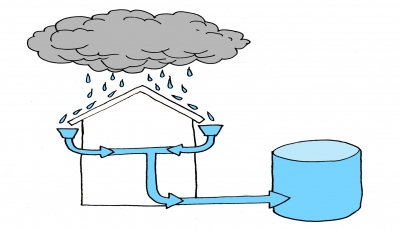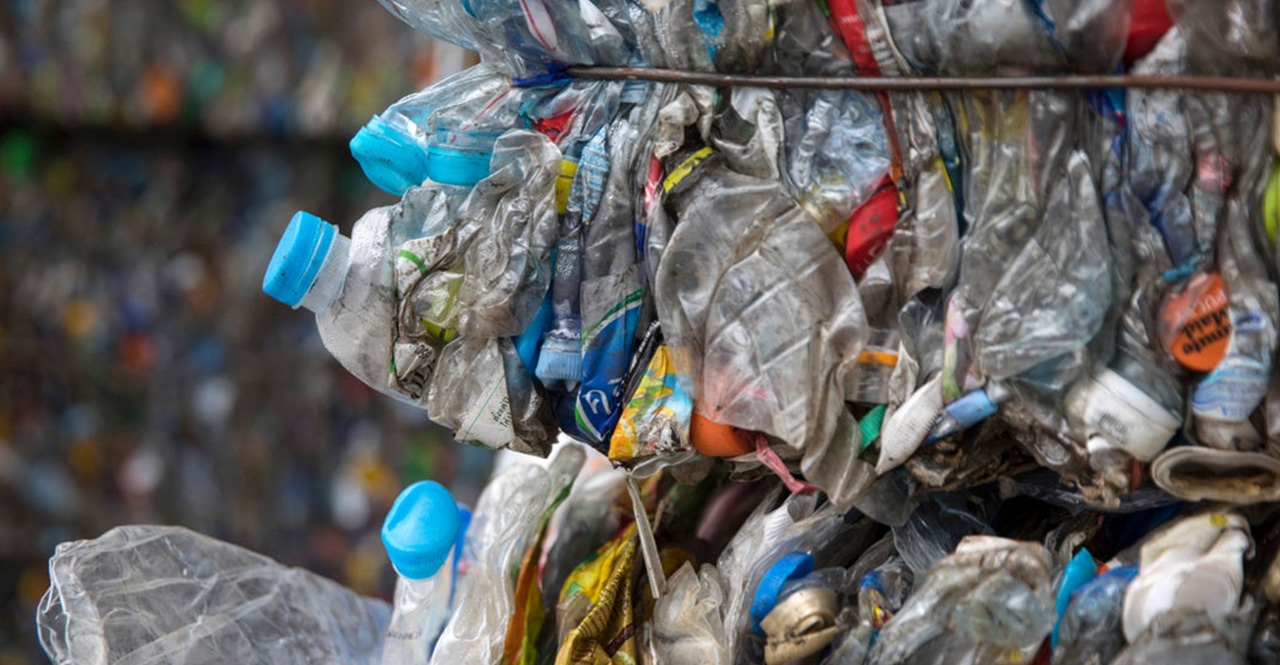Navigating Liquid Waste Challenges with Reclaim Waste Melbourne's Experience
Navigating Liquid Waste Challenges with Reclaim Waste Melbourne's Experience
Blog Article
Fostering Source Efficiency and Environmental Management With Liquid Waste Elimination Programs
In the realm of ecological stewardship, the management of liquid waste stands as an important time where resource efficiency and environmental protection assemble. With a lens of positive involvement and critical insight, the landscape of fluid waste management unveils a tapestry of challenges and possibilities that beckon us to explore the path towards a greener and more lasting future.
Relevance of Fluid Waste Elimination
The relevance of fluid waste removal depends on its vital duty in maintaining ecological health and wellness and securing public wellness. Liquid waste, if not correctly managed, can pose serious threats to ecosystems, water sources, and human wellness. Via reliable elimination processes, dangerous compounds such as pollutants, virus, and chemicals are protected against from infecting the atmosphere and causing detrimental results.
Correct fluid waste elimination also assists in protecting against the spread of conditions and reducing the potential for groundwater contamination. By securely taking care of fluid waste, the risk of waterborne diseases and pollution-related health and wellness concerns is dramatically decreased - Reclaim Waste. In addition, effective removal methods add to maintaining the overall cleanliness and looks of areas, consequently boosting the top quality of life for citizens
In addition, liquid waste elimination plays an essential duty in sustaining sustainable growth and ensuring conformity with ecological policies. By sticking to proper waste administration methods, industries and services can decrease their ecological impact and show corporate responsibility. Eventually, investing in durable fluid waste elimination programs is essential for promoting environmental stewardship and promoting a healthier, safer future for all.

Benefits of Effective Disposal
Efficient disposal of fluid waste not only safeguards ecological health and wellness and public health however also generates numerous benefits that expand beyond prompt containment procedures. One essential benefit of effective disposal is the decrease of contamination in water bodies and dirt. By properly handling fluid waste, the risk of contamination reduces, guarding and protecting communities biodiversity. Additionally, effective disposal techniques add to resource conservation. With procedures like recycling and power recovery, important sources can be drawn out from liquid waste, promoting sustainability and lowering the strain on resources. Additionally, taking on effective disposal approaches can result in cost savings for services and areas. By maximizing waste management processes, organizations can enhance procedures, decrease disposal expenses, and potentially create revenue via the sale of recycled products. On the whole, the advantages of effective liquid garbage disposal are diverse, encompassing ecological defense, source effectiveness, and economic benefits.
Technologies for Waste Therapy
Utilizing advanced modern technologies for waste treatment plays a vital role in making certain the efficient management and risk-free disposal of liquid waste. One of the crucial technologies utilized in fluid waste treatment is organic therapy.
Advanced oxidation processes (AOPs) have actually gained appeal for their capacity to degrade click to find out more consistent natural pollutants in liquid waste via the generation of highly responsive hydroxyl radicals. Membrane layer innovations like reverse osmosis and ultrafiltration work for separating contaminants from fluid waste streams. In addition, thermal treatment techniques such as incineration can be used great site for the complete destruction of harmful parts in liquid waste. In general, the combination of varied therapy technologies makes sure thorough and environmentally friendly management of liquid waste.
Function of Laws and Compliance
In the realm of liquid waste administration, adherence to regulative structures and compliance requirements is critical for protecting environmental health and sustainability. Regulations play a critical duty in controling the correct handling, therapy, and disposal of liquid waste to avoid harm to communities and human health and wellness. By establishing clear standards and criteria, governing bodies make sure that companies and individuals involved in liquid waste monitoring run in an ecologically responsible fashion.
Conformity with these policies is not just a lawful requirement but additionally an honest obligation to protect the setting for future and current generations. It entails carrying out best practices in waste collection, therapy, disposal, and transportation to decrease ecological impact and advertise source efficiency. Non-compliance can cause fines, lawsuit, and reputational damages for organizations, highlighting the importance of promoting governing requirements.

Future Patterns in Waste Management

Another vital fad in waste monitoring is the fostering of sophisticated data analytics and fabricated knowledge to enhance waste collection routes, improve arranging procedures, and improve general operational performance. These innovations allow waste management companies to make data-driven choices, bring about set you back savings and ecological advantages.
Moreover, there is a growing focus on the advancement of decentralized waste management systems, such as onsite therapy find more information centers and mobile waste processing devices. These systems supply versatility and scalability, permitting more reliable waste handling in varied atmospheres.
Conclusion
Finally, promoting resource effectiveness and ecological protection through fluid waste removal programs is essential for sustainable growth. Reliable disposal techniques, advanced modern technologies for waste therapy, and strict laws play essential functions in minimizing ecological impact. Looking in advance, continuous innovation and enhancement in waste management methods will be necessary for resolving the growing obstacles of liquid garbage disposal.
In the realm of ecological stewardship, the monitoring of liquid waste stands as a critical time where resource effectiveness and ecological security merge (Industrial waste water treatment).Making use of sophisticated modern technologies for waste treatment plays a vital duty in ensuring the effective management and risk-free disposal of fluid waste.In the world of fluid waste management, adherence to regulative frameworks and conformity criteria is extremely important for safeguarding environmental health and wellness and sustainability.In final thought, promoting source performance and ecological defense via fluid waste elimination programs is crucial for sustainable development. Looking ahead, continuous development and enhancement in waste administration methods will be vital for attending to the expanding difficulties of liquid waste disposal
Report this page